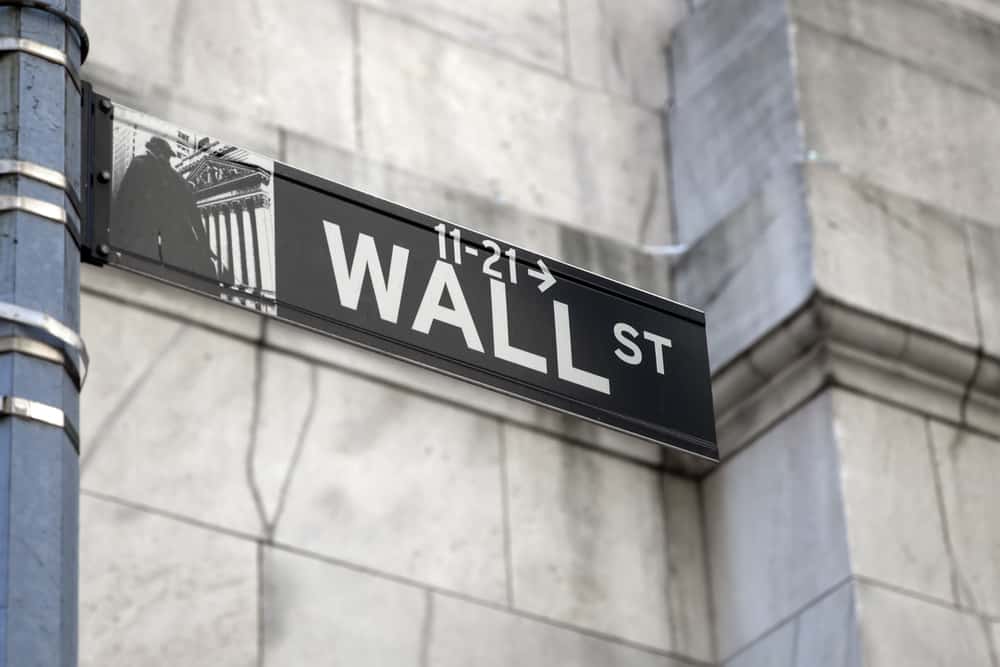With a number of Wall Street heavyweights beginning to open up to the crypto space, mainstream adoption of Bitcoin and other popular tokens seems almost inevitable at this juncture. But is this actually a positive development that investors should look forward to?
Perhaps not, say some experts who seem convinced that the financial industry’s embrace can prove costly for the crypto economy in the long run.
Wall Street Giants Jumping Head First Into the Crypto Space
For those rooting for a more mainstream role for Bitcoin within the broader financial services apparatus, the past several weeks have been particularly encouraging. For example, in Aug. 2018, Intercontinental Exchange (ICE) went on record saying that it plans on launching a regulated digital asset exchange in the foreseeable future.
Although the ICE is not the sole mainstream financial institution to harbor such plans, its entry into the crypto market alone should suffice to inspire institutional investors to rush to the fledgling asset class. Any such development will be a welcome change for hedge funds, sovereign wealth funds, family offices and other such entities that were previously shying away from betting big on crypto due to the lack of a conventional market infrastructure.
(Note: Intercontinental Exchange is one of the most influential forces in the global financial service industry. It owns more than 20 exchanges, including the New York Stock Exchange.)
On a surface level, Wall Street’s growing involvement in the crypto market appears to be good news for the community. However, a more calibrated assessment of the market fundamentals exposes the inconsistency and flaws in that quasi-positive outlook.
Risks of Classifying Bitcoin as a Mainstream Financial Asset
The risks from Wall Street’s newfound affection for Bitcoin stem from primarily two key aspects inherent to the digital currency by design.
Foremost, Bitcoin tokens are meant to be directly owned and controlled by individuals with the corresponding cryptographic keys. In contrast, conventional financial products such as stocks are not directly controlled by investors. Instead of the asset itself, investors of traditional assets own an IOU issued by a financial institution or broker. The actual ownership of the asset rests with a centralized entity (e.g., a custodian or an exchange).
Additionally, the blockchain at the heart of Bitcoin is designed to forbid distributed ownership of a single asset. That’s almost diametrically opposite to the standard Wall Street modus operandi of using clients’ assets to conduct their own trades and transactions. If any mainstream financial institution would attempt to extend that practice to Bitcoin (or for any other digital asset, for that matter), the consequences could be dire.
For example, it is a common practice for Wall Street to place clients’ assets as collaterals to borrow from third parties. Such practices often lead to multiple stakeholders claiming the same underlying assets. That’s all fine so long as the underlying assets are of conventional type.
If Wall Street tries to repeat these strategies with Bitcoin, the digital ledgers at the heart of the network could eventually fall out of sync, resulting in a chaotic situation that’s best left to the reader’s imagination.
On top of that, there’s also the issue of the algorithm-induced scarcity that will make sure the total number of Bitcoin tokens never exceeds 21 million units. That’s a key factor that could perpetually subjugate the coin’s value.
With all these factors taken into account, it’s clear as day that Wall Street should avoid treating Bitcoin as yet another asset class that they can leverage using the trading channels and strategy that they are already accustomed to. Ignoring these telltale signs of possible risks could open up a can of worms that will ultimately leave the crypto community with a bad taste at its best and an irreversible setback at worst.






